WikiFX Trending Topics Analyst Initiative
Share Your Expertise on What’s Moving the Market.
简体中文
繁體中文
English
Pусский
日本語
ภาษาไทย
Tiếng Việt
Bahasa Indonesia
Español
हिन्दी
Filippiiniläinen
Français
Deutsch
Português
Türkçe
한국어
العربية
Abstract:As the global economy recovers from recent upheavals and rapidly evolving technology underpins the digital transformation, the fintech landscape is poised for significant change. In 2025, fintech companies will capitalize on new technologies like blockchain, artificial intelligence (AI), and open finance while navigating a stricter regulatory environment. This article explores emerging trends driving fintech innovation, examines the challenges firms must overcome, and offers insights into how companies can remain competitive in an increasingly crowded market.
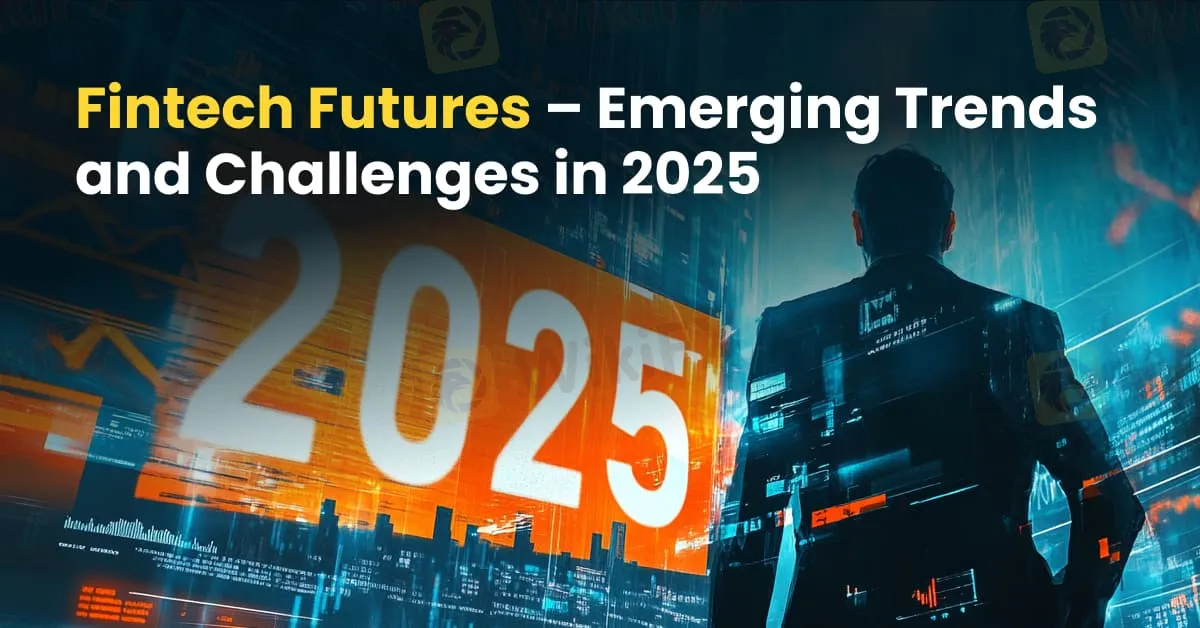
Introduction
As the global economy recovers from recent upheavals and rapidly evolving technology underpins the digital transformation, the fintech landscape is poised for significant change. In 2025, fintech companies will capitalize on new technologies like blockchain, artificial intelligence (AI), and open finance while navigating a stricter regulatory environment. This article explores emerging trends driving fintech innovation, examines the challenges firms must overcome, and offers insights into how companies can remain competitive in an increasingly crowded market.
Conclusion
The fintech industry in 2025 stands at a pivotal moment. By harnessing technologies like blockchain, AI, and open finance, fintech companies can create more efficient, secure, and inclusive financial systems. However, these opportunities come with their own set of challenges, from increased regulatory demands to the need for robust cybersecurity and talent acquisition. Firms that can successfully innovate while maintaining compliance and customer trust will shape the future of finance in a post-pandemic, digital-first global economy.

Disclaimer:
The views in this article only represent the author's personal views, and do not constitute investment advice on this platform. This platform does not guarantee the accuracy, completeness and timeliness of the information in the article, and will not be liable for any loss caused by the use of or reliance on the information in the article.
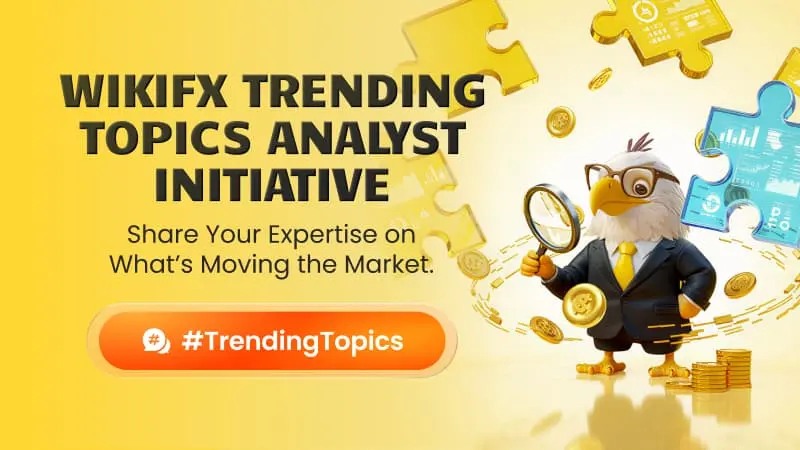
Share Your Expertise on What’s Moving the Market.
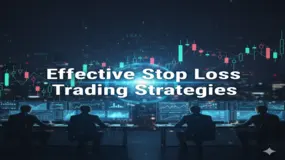
In a forex market where fundamental and technical factors impact the currency pair prices, volatility is expected. If the price volatility acts against the speculation made by traders, it can result in significant losses for them. This is where a stop-loss order comes to their rescue. It is one of the vital investment risk management tools that traders can use to limit potential downside as markets get volatile. Read on as we share its definition and several strategies you should consider to remain calm even as markets go crazy.
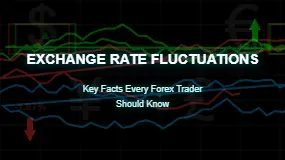
The forex market is a happening place with currency pairs getting traded almost non-stop for five days a week. Some currencies become stronger, some become weaker, and some remain neutral or rangebound. If you talk about the Indian National Rupee (INR), it has dipped sharply against major currencies globally over the past year. The USD/INR was valued at around 85-86 in Feb 2025. As we stand in Feb 2026, the value has dipped to over 90. The dip or rise, whatever the case may be, impacts our daily lives. It determines the price of an overseas holiday and imported goods, while influencing foreign investors’ perception of a country. The foreign exchange rates change constantly, sometimes multiple times a day, amid breaking news in the economic and political spheres globally. In this article, we have uncovered details on exchange rate fluctuations and key facts that every trader should know regarding these. Read on!
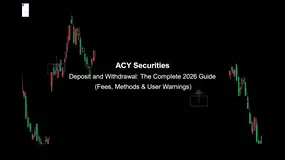
Understanding how to add funds to your account and, more importantly, how to take them out is essential for safe trading. For any trader thinking about ACY Securities, making an ACY SECURITIES deposit is simple, but the ACY SECURITIES withdrawal process has many serious complaints and concerns. While ACY says it is an established, regulated broker, many users have complained specifically about withdrawal problems, creating a confusing and often contradictory picture. This guide provides a complete and critical analysis. We will first explain the official steps for deposits and withdrawals, including methods, fees, and stated timelines. We will then take a deep look at patterns found in over 180 real user complaints, examining the potential warning signs and risks. By combining official information with real-world user experiences and regulatory warnings, this article aims to give you the clarity needed to make an informed decision about the safety of your funds with ACY Securities.
